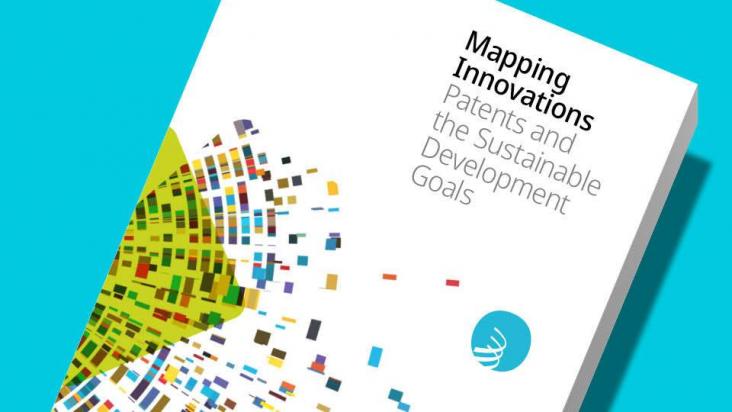The article highlights the rapid spatial succession and increasing community complexity in glacier-fed ecosystems, revealing the adaptive responses of organisms to environmental changes.
A study of the Yangtze River revealed that labile dissolved organic matter and nitrogen inputs significantly influence the spatiotemporal variations of dissolved greenhouse gases, with observed concentrations lower than the global average but showing an increasing trend in N2O levels from 2004 to 2018, underscoring their importance in global GHG emissions and budget estimations.
This chapter advances Goals 13 and 9 by examining the effects of climate change and the relationship with the Arctic based on the perspective of professionals working on climate change and Arctic issues.

This comprehensive report produced by World Intellectual Property Organization (WIPO) presents an extensive analysis of patents mapped to the United Nations Sustainable Development Goals (SDGs).
Radiative cooling reduces the need to actively cool buildings in hot climates. This paper reports the use of droplets and wrinkles on a surface to increase the performance of radiative cooling coatings, which can be generated using a commercial spray gun.
This study has provided a spatial view of the temporal trends in gregarization in the CLCPRO countries since 1985.
The paper highlights the interconnectedness of public health crises, such as pandemics, with biodiversity loss and climate change, as increased demand for materials to combat infectious diseases exacerbates environmental pressures, posing a threat to global sustainability and biodiversity.
Climate changes growing impact on human mobilityand the misleading narratives surrounding itcalls for nuanced research to clarify when mobility aids adaptation and its complex outcomes. Key priorities include integrating planning, addressing involuntary immobility and vulnerability, and ensuring policies respect diverse experiences, emphasizing choice and freedom of movement.
The study forecasts AI-based innovation's impact on SDGs in 22 countries from 2022 to 2030 using System Dynamics Modeling. In most of the 22 countries studied, AI-based innovation positively affects SDGs 1, 3, and 5. For half of the countries studied, AI-based innovation positively influences SDGs 2, 4, 6–8, 11, 13, and 16–17. AI-based innovation does not positively influence SDGs 10, 12, 14–15 for most countries studied.
This study aimed to systematically review recently published papers on CC and GWT, determine the impacts of CC on GWT, and highlight the possible consequences.
